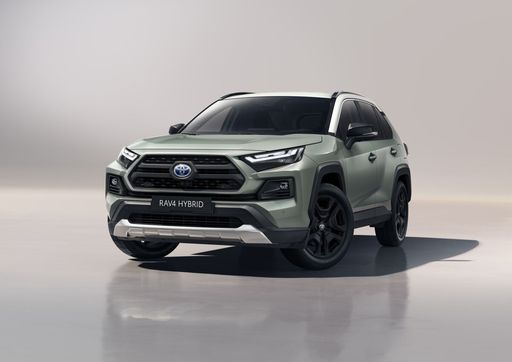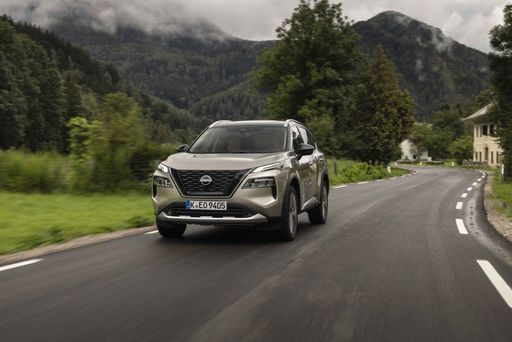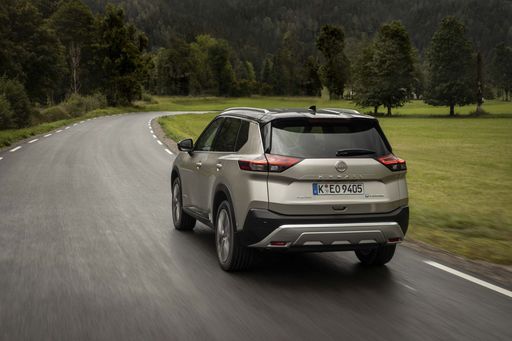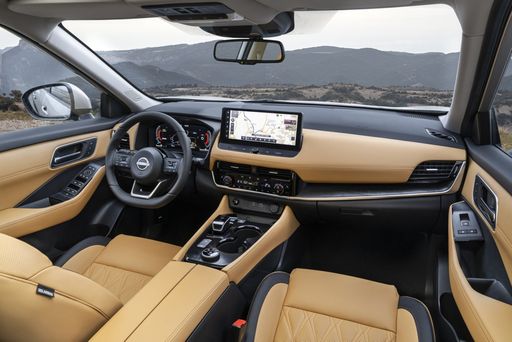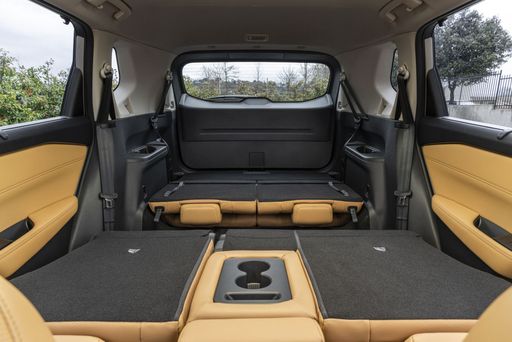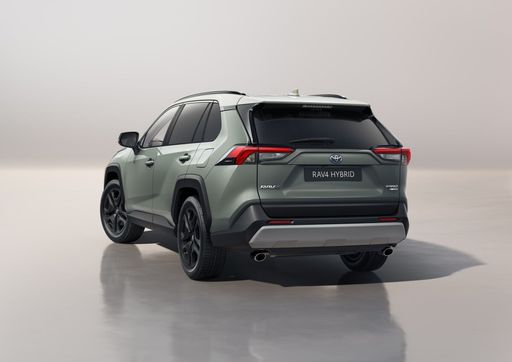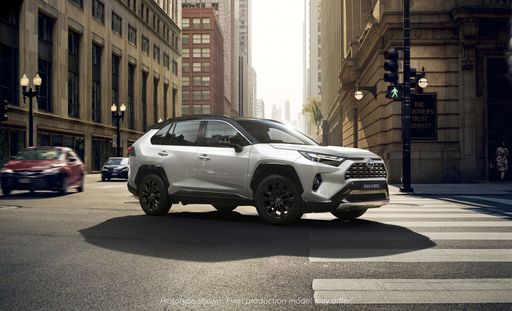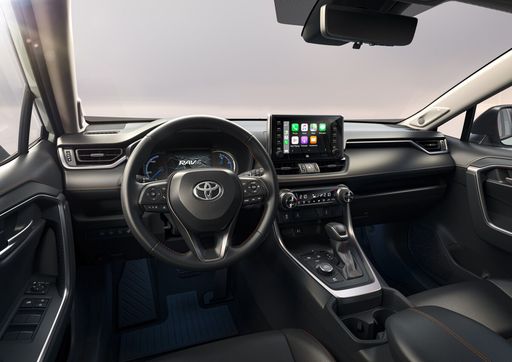Nissan X-Trail vs Toyota RAV4: A Closer Look at Two Leading SUVs
The SUV market is rife with options, but few competitors stand out like the Nissan X-Trail and Toyota RAV4. Both vehicles are designed to cater to a family-friendly audience while offering a mix of performance, comfort, and cutting-edge technologies. Today, we delve into a comparative analysis of these two titans, examining their technical specifications, innovations, and what they bring to the table for prospective buyers.

